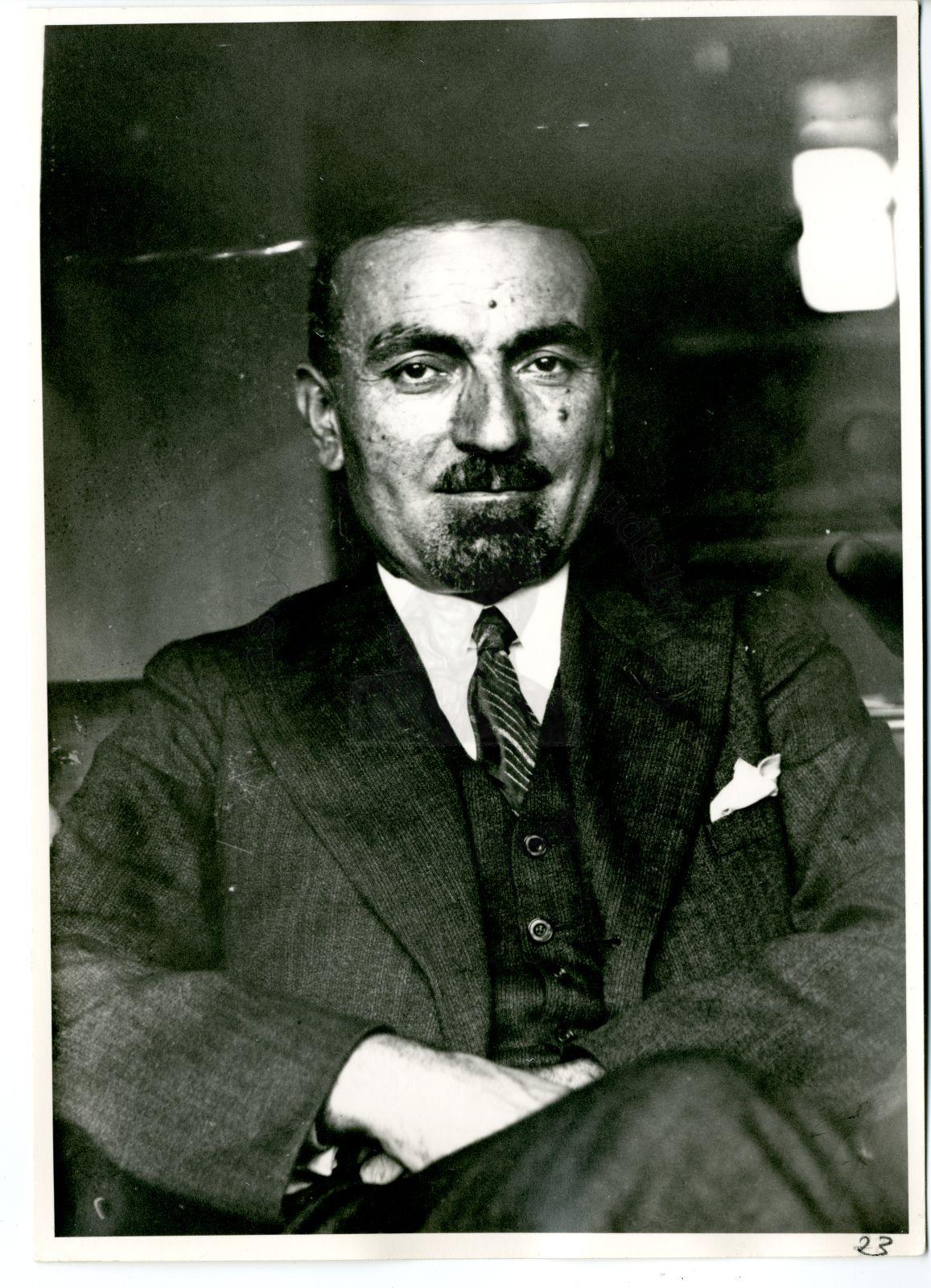Like the majority of collections held by the Józef Piłsudski Institute in London, the Prometheus Collection pertains to the legacy of Marshal Piłsudski and his followers, the political and military struggle for Polish independence, and a history of the Polish army. The bulk of collections cover the period from circa 1900 to 1939 and focus on Piłsudski's Legions during World War I, the Polish-Bolshevik War of 1919-1921, and the role of the Polish military during the interwar period. Numerous collaborators of Piłsudski, particularly senior military commanders and politicians, found themselves in the West during World War II and remained in exile after 1945. In 1947, they set up the Józef Piłsudski Institute in London, which continued the mission of the Institute for the Research of Contemporary History of Poland, established in Warsaw in 1923. Given the propaganda of the communist regime, which belittled the role of Piłsudski and his political camp in the struggles for independence, the Institute became the hub of free historical research and guardian of a national ethos that countered the historiosophy of People's Poland. Notwithstanding its cultural and educational role among Polish diaspora, the Piłsudski Institute also attracted dissident historians from Poland, influencing the academic treatment of 20th Century Poland, undermining state censorship, and breaking the regime's monopoly on academic publishing. At present, it consists of archives, museum, and library and continues to attract scholars and non-academic audiences who are interested in Polish and world history. The Institute collaborates with the Polish and British cultural institutions, participating in exhibitions, international conferences and workshops. It possesses one of the few remaining copies of Enigma code-breaking machines from World War II.
The Prometheus Collection relates to the project of Prometheism, Piłsudski's idea of supporting the independence movements of nations and ethnic groups inhabiting the Baltic, Black and Caspian Sea regions in order to weaken and break up Imperial and then Bolshevik Russia. Following the Bolshevik victory in the Russian Civil War and the end of the Polish-Soviet War, the Promethean movement saw the cooperation between the Polish military intelligence and nationalist anti-communist leaders of Georgians, Azeris, Ukrainians, Armenians, Kuban Cossacks, Turkmens, and various peoples of the Northern Caucasus. The Promethean movement continued in exile until the early 1950s hoping to obtain US support and cultivating pre-1939 ties. Veterans of the movement who remained in Poland and the Soviet Union were subjected to repression, imprisonment, and surveillance of the security police.
Several Polish associates of the Promethean Movement, including Tytus Filipowicz and colonels Edmund Charaszkiewicz and Tadeusz Schaetzel, were among the founding members of the Piłsudski Institute in London. This is how the Institute acquired materials which later constituted the Prometheus Collection. The collection consists of 12 files, which contain memoranda, internal bulletins, correspondence, and reports produced by Promethean exiles and the Polish military intelligence before and after World War II. Of particular value are original photographs of the Promethean leaders purchased by the Institute from Mychailo Jeremijew, Ukrainian journalist and politician, in 1969. Overall, the collection provides information on the transnational cooperation of nationalist anti-communist organizations and individuals from the Wilsonian age of self-determination to the ascent of the Cold War.

